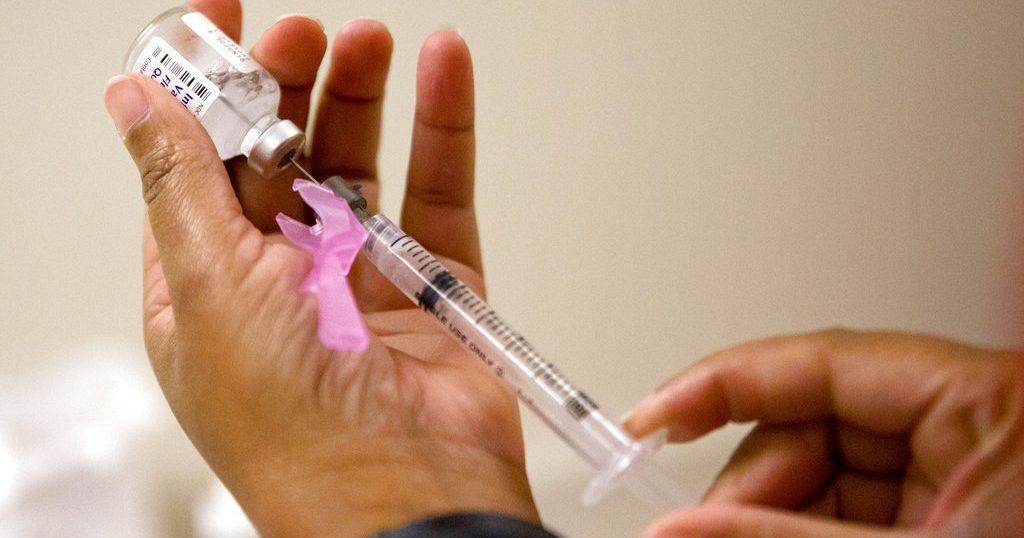Africa-Press – Eritrea. The National Health Service (NHS) will soon offer a groundbreaking HIV prevention injection to people in England and Wales who are at high risk of contracting the virus but are not currently infected. This aligns NHS policy with Scotland and marks a major step towards eradicating new HIV cases by 2030.
The injection, known as cabotegravir, is a form of pre-exposure prophylaxis (PrEP) and is administered every two months. It serves as an alternative for individuals who find daily HIV prevention pills impractical due to medical reasons, difficulty swallowing, unstable housing, or privacy concerns. Up to 1,000 people a year will benefit initially, with the rollout occurring through specialist sexual health clinics across the country over the coming months.
Cabotegravir works by blocking HIV from replicating in the body if exposure occurs, helping stop the virus from establishing an infection. This long-acting option gives greater convenience and discretion to people at risk, supporting safe sex practices alongside condom use.
Health Secretary Wes Streeting hailed the approval as a “game-changing injection” and a sign of the NHS’s commitment to providing life-saving, cutting-edge treatments for all, especially those facing barriers to daily oral medication. Helen Knight, NICE’s director of medicines evaluation, called the approval “a significant milestone,” emphasizing broadened access for all individuals at risk.
HIV charities say the new option may help reduce health inequalities, making prevention more accessible for those who have struggled with oral PrEP. However, they also urge a swift rollout and better information for the public about available HIV prevention choices.
HIV is a virus that weakens the immune system and can be acquired through unprotected sex, sharing needles, or from mother to child at birth. Most people eligible for cabotegravir are those at high risk of sexually acquired HIV and unable to take oral PrEP. The NHS has secured a reduced price for the treatment, with investment supporting the national campaign to end HIV transmission.
Early results from another injection, lenacapavir, suggest a future possibility for an annual HIV prevention shot, although it is not yet available in the UK.
This new injection ensures more people can access effective HIV prevention, moving the UK closer to ending new HIV transmissions within the next five years.
For More News And Analysis About Eritrea Follow Africa-Press







